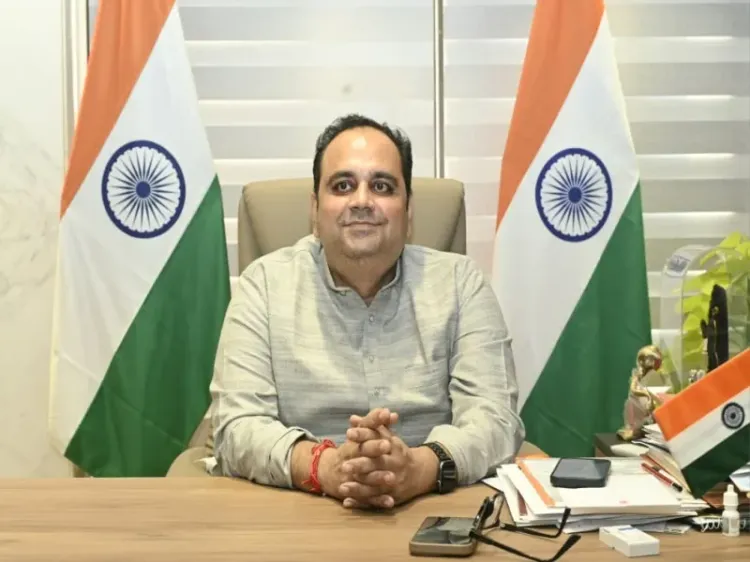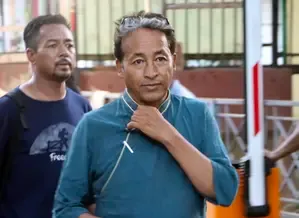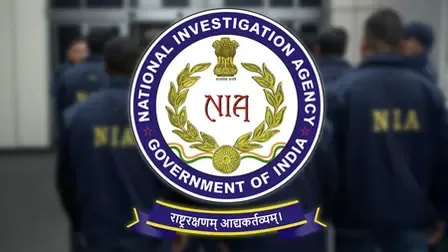Has Delhi Installed 150 New Hemodialysis Machines in 6 Hospitals?

Synopsis
Key Takeaways
- 150 hemodialysis machines installed across six hospitals.
- Capacity to treat 1,500 kidney patients daily.
- Focus on women's health and nutrition support.
- 1,558 health camps conducted across the city.
- Government's commitment to improving healthcare accessibility.
New Delhi, Sep 26 (NationPress) The Delhi government has successfully deployed 150 new hemodialysis machines across six prominent government hospitals, significantly enhancing the city’s ability to provide vital treatments, as stated by Health Minister Pankaj Kumar Singh on Friday.
This initiative by the Rekha Gupta government aims to facilitate dialysis for 1,500 kidney patients every day, ensuring timely and fair access to essential medical care for residents across various districts, he added in a statement.
The largest distribution of machines includes 55 machines at Burari Hospital (Central district) and 45 machines at Janakpuri Super Speciality Hospital (West district), according to the Minister.
Ambedkar Nagar Hospital (South district) has been provided with 25 machines, while the North West district has expanded its capacity with 10 machines at Dr. Baba Sahib Ambedkar Hospital and 5 machines at Sanjay Gandhi Memorial Hospital.
Moreover, Jag Pravesh Chandra Hospital (North East district) is now equipped with 10 new units. With these additional 150 dialysis units, the total number of machines across Delhi Government hospitals has reached 300.
The ‘Sewa Pakhwada’ is a 15-day initiative that marks the launch of new projects and welfare schemes in celebration of Prime Minister Narendra Modi's birthday.
Pankaj Singh also mentioned that the government is actively promoting the “Swasth Nari, Sashakt Parivar” (Healthy Woman, Empowered Family) campaign, which has already made significant progress.
To date, 1,558 health camps, including 60 specialist camps in PHCs, have been organized across the city, benefiting 9,35,896 individuals with an average of 111 attendees per camp.
Out of these, 3,86,270 men and 5,69,294 women were screened, highlighting the strong focus on women’s health. Special efforts were made for TB prevention, with 18,530 women screened for tuberculosis, and 1,041 Nikshay Mitras registered to assist patients.
In addition to medical check-ups and awareness campaigns, nutrition kits are being provided at Ayushman Arogya Mandirs and community health centres, aiding women and children in overcoming nutritional deficiencies and enhancing family health.
This holistic approach, encompassing screenings, preventive care, nutritional support, and health awareness, underscores the government’s dedication to empowering women and fostering healthier families as a cornerstone of a stronger nation.









